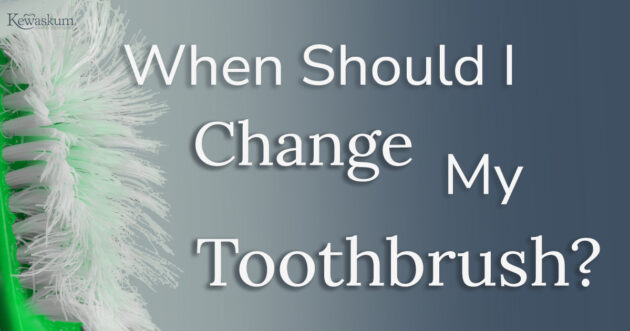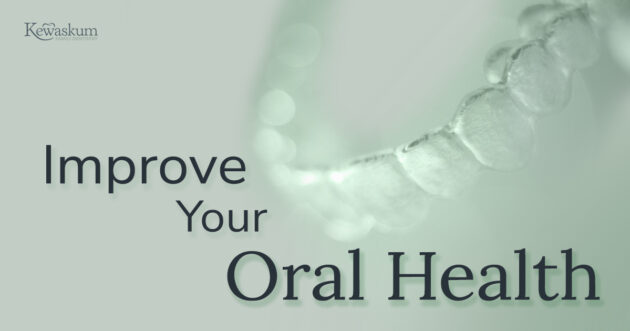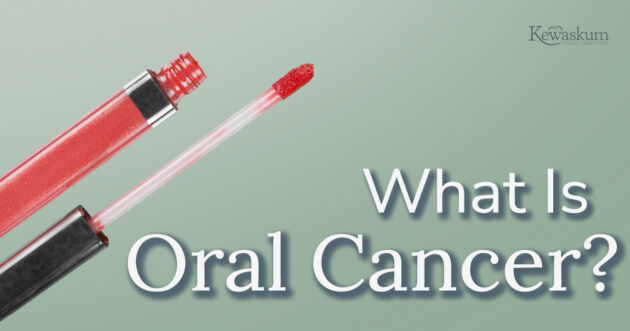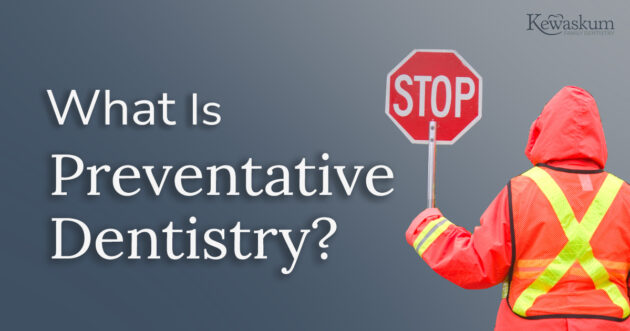Restore Oral Health Today
At Kewaskum Family Dentistry, we want to do all we can to help you and your family have lasting oral health. This is why we encourage our patients of all ages to visit our office regularly for oral hygiene examinations. We also want to stress the importance of restoring your oral health if you are experiencing complications with your teeth and gums. We know it can be embarrassing and leave you feeling self-conscious if you aren’t happy with the aesthetics of your teeth. Problems with your oral health can also leave you dealing with daily discomfort and difficulties eating and speaking. After restoring their oral health, patients often tell us that they wish they had decided to make the improvements sooner.










